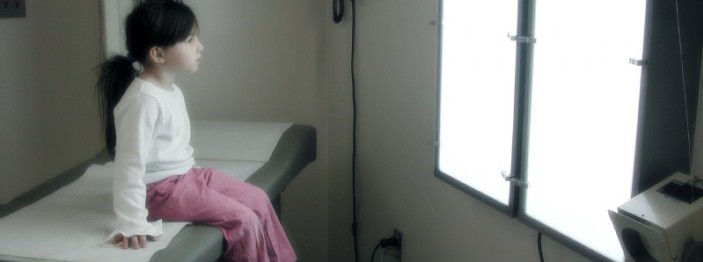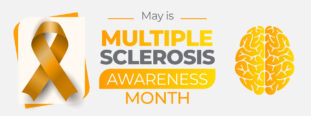Multiple sclerosis somewhat different in children
A number of recent studies have focused attention on MS in younger people – once thought to be a very rare occurrence. MS most commonly affects people aged 20-40 years, but it’s now known that about 5% of cases are diagnosed in people younger than age 18 (Pena & Lotze. Autoimmune Dis 2013;2013:673947). However, among children aged 10 years or younger, MS is still very uncommon (less than 1 case per 100,000 people).
This was the incidence seen in a recent national study in Germany (Reinhardt and colleagues. Eur J Neurol 2014; epublished January 28,2014). Between 2009 and 2011, the frequency of MS was 0.64 cases per 100,000 person-years, with most MS cases found in people in their mid-teens. This incidence is higher than reported before in Germany, but is similar to what’s been seen in other countries with people of northern European ancestry, such as Canada or the Netherlands (Banwell and colleagues.Neurology 2009;72:232-239; Ketelslegers and colleagues. J Neurol 2012;259:1929-1935).
In recent years, the criteria used to diagnose MS have been revised and new ones developed for children (Krupp and colleagues. Mult Scler 2013;19:1261-1267), which has made it easier to determine if a younger person has MS (Sadaka and colleagues. Ann Neurol 2012;72:211-223). However, some criteria may not be that helpful for diagnosing MS in children aged 10 years or younger. One challenge in children is telling the difference between MS and other demyelinating diseases, such as ADEM (for acute disseminated encephalomyelitis), or other diseases, such as viral infections or autoimmune disorders.
The initial symptoms and course of MS are somewhat different in younger people. Children often have numerous and severe symptoms, while sensory symptoms (e.g. tingling) and optic neuritis are most common in young adolescents (Huppke and colleagues. Eur J Neurol 2014;21:441-446). Relapses are usually much more frequent in younger people with MS compared to adults. However, most children recover completely from an MS attack, their recovery is quicker, and the progression of disability appears to be slower. Progressive forms of MS are very uncommon in children and adolescents.
MS therapies are tested in an adult population, and the standard medications are not approved for use in children (although doctors can still prescribe them). At the moment, the preferred therapies for children are the interferons and Copaxone (Banwell BL. Handb Clin Neurol 2013;112:1263-1274). Adult doses of Rebif have been shown to be effective in children, although liver function needs to be monitored more closely (Tenembaum and colleagues. J Child Neurol 2013;28:849-856). On small study also reported favourable results with adult-strength Tysabri in children with highly active MS (Kornek and colleagues. JAMA Neurol 2013;70:469-475). In addition, the PARADIGMS trial plans to compare Gilenya and Avonex in younger MS patients, but no results are available yet.
Share this article
Facebook Twitter pin it! Email
Related Posts
Back





